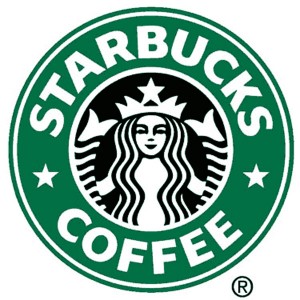The concept of IP and the argument against it are complicated and it’s been hot news with the recent SOPA debacle. The entire Buzzgrinder incident brought to mind what the libertarian “solution” would be, sans the state monopoly on laws concerning non-physical property.
Entities practice some form of extra-legal ownership customs already, like what we have with Creative Commons. Twitter even has something in place with their “verified account” disclaimer, and Facebook does as well.
But what would’ve happened in a free market, when Seth wouldn’t have had a legal trademark on Buzzgrinder? For one, since Seth’s name has been associated with the Buzzgrinder name for so long, he carries the reputation of ownership with him. He would be able to prove to twitter, through ownership of the buzzgrinder.com domain, that he “owns” Buzzgrinder. Twitter could face a tarnished reputation if they, as owners of the physical servers that house twitter.com, allow some schmoe to squat on the Buzzgrinder twitter account. Twitter can simply hand over ownership to Seth.
This sort of thing happens already, without state involvement. Although there is some question as to whether or not people can own a common design, remember and consider the Etsy vs. Urban Outfitters state medallion controversy. People just “know it when they see it”, if something has been intellectually misappropriated, and people—the market—respond in kind.
Another thing to remember is that regulation is axiomatic. It will always happens—what matters is the origin of the regulation. If state involvement in intellectual property is removed, something is going to replace it in one form or another. It’s right-brain exercise to think up answers to decentralized, non-coerced IP “laws”. But imagination only goes so far. With billions and billions of people in the world, there’s no telling what market forces will come up with.
In Seth’s case, all this didn’t matter since Josh from Buzzgrinder had registered the twitter account. Smiley faces all around!
More reading (or watching) on free market IP solutions:
The Case Against IP: A Concise Guide by Stephen Kinsella
Intellectual Property at Mises.org
Rethinking IP Completely by Stephen Kinsella
The Evils of Intellectual Property by Jeffrey Tucker
Disclaimer: I write for Buzzgrinder. There you go.
